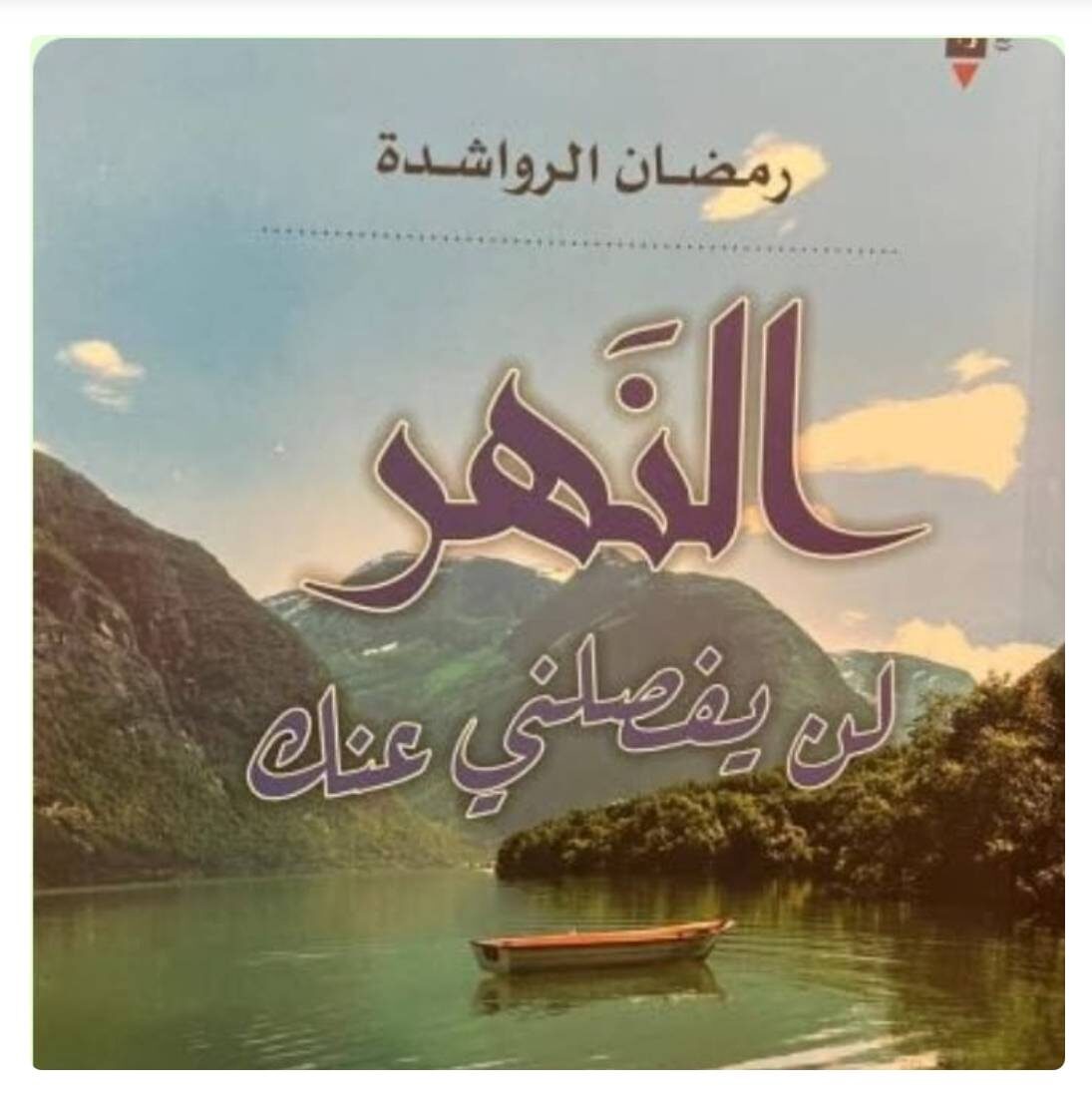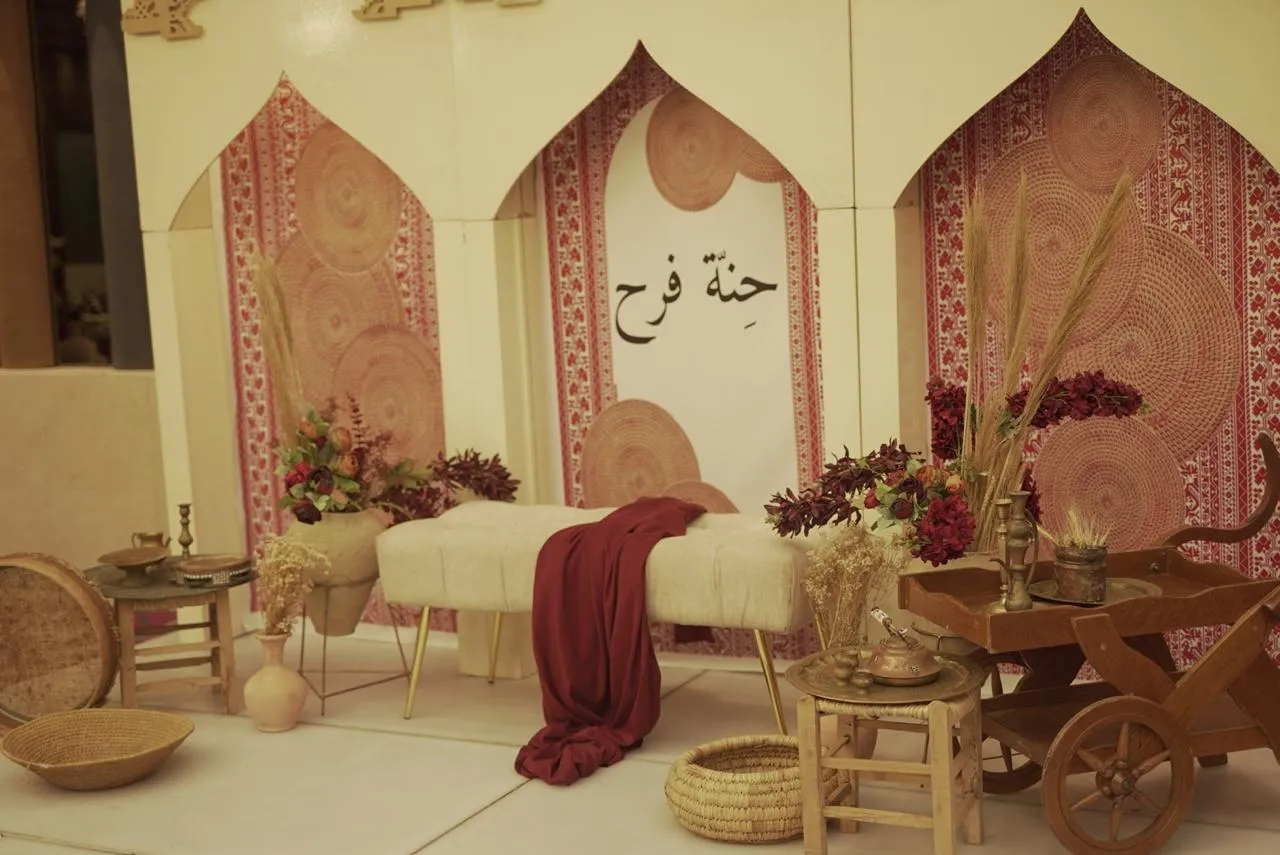Dr. Ahmad Al-Shuraida
The city of Gadara, known today as Umm Qais, has long been celebrated as the city of poets, philosophers, and emperors. Among its luminaries stands the great poet Meleager, the philosopher and thinker considered a pioneer of the Syrian school in pre-classical times, and a graduate of ancient Gadara’s academy. Meleager requested that the sculptor Arabios engrave on his tomb the famous words:
“As I am now, so once were you; as you are now, so shall I be. Live, for you too shall depart, but you remain in art.”
This profound wisdom, preserved today in the Gadara Archaeological Museum, stands as one of the finest philosophical reflections after the sacred texts of the Bible and Holy Qur’an the Bible. It reflects a philosophy of conscious living—investing one’s limited time in alignment with health and well-being, avoiding worry or excessive thought, and living in harmony with oneself and with others.
However, Gadara’s allure extends far beyond its intellectual legacy. Today, it represents one of Jordan’s most prominent cultural tourism destinations, rich in archaeology, history, geography, geology, anthropology, and mythology. The city also holds deep spiritual and historical significance, being the site visited by Jesus Christ in 28 AD.
The landscapes of Gadara offer panoramic views of northern Palestine, southern Lebanon, southwestern Syria, and northern Jordan, granting it unique geographical and environmental value.
Meleager once described Gadara as both Syrian and Phoenician—an echo of the city’s multifaceted identity and a testament to the rich cultural exchanges that shaped it. Often referred to as the “Athens of the East,” Gadara was a meeting point of Hellenistic and Eastern civilizations, leaving behind a legacy of temples, theaters, and public squares. These cultural traditions continue to inspire artists, musicians, and scholars to this day.
In 2023, the World Tourism Organization recognized Umm Qais as one of the most beautiful cultural villages in the world. The city’s historical and cultural ties extend to Greece, where a twinning agreement was signed with the city of Kos in honor of Meleager, whose works—such as The Garland, Love of Youth, and The Graces—formed a bridge between two great civilizations.
“Gadara is the city of eternal love, a place where philosophy, art, and spirituality converge to offer an everlasting narrative to all who visit.“
Gadara, my homeland, close to God, yet far from me. Sacred Gadara.
A city both historic and ancient, it invites visitors to engage with its wisdom, its landscapes, and its timeless story.
*Researcher in Environmental Protection




